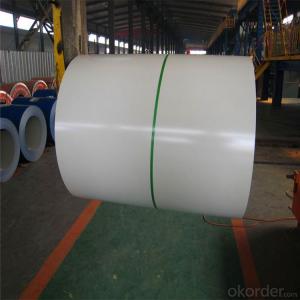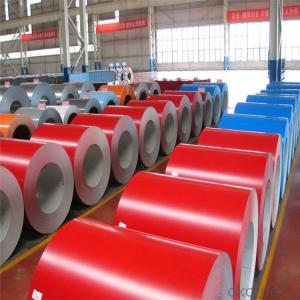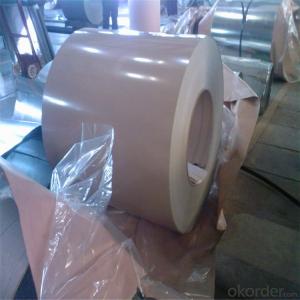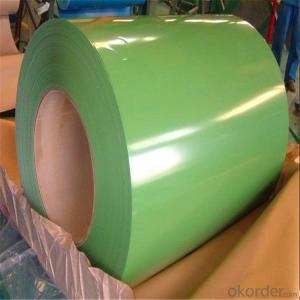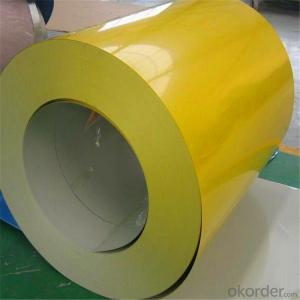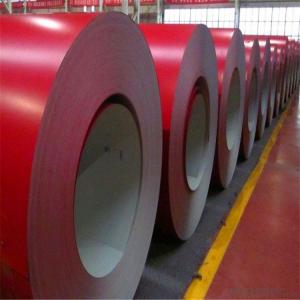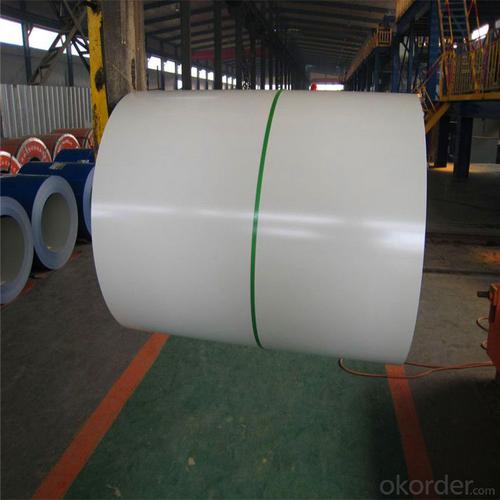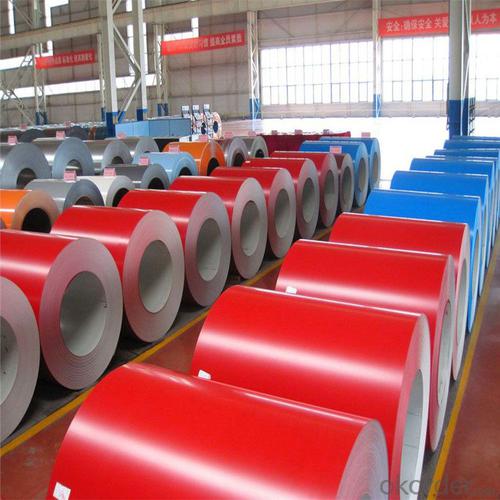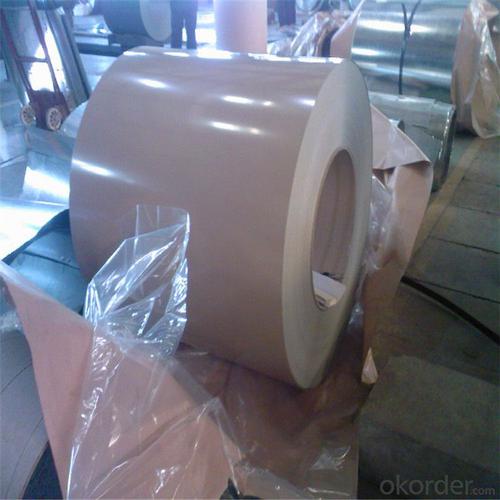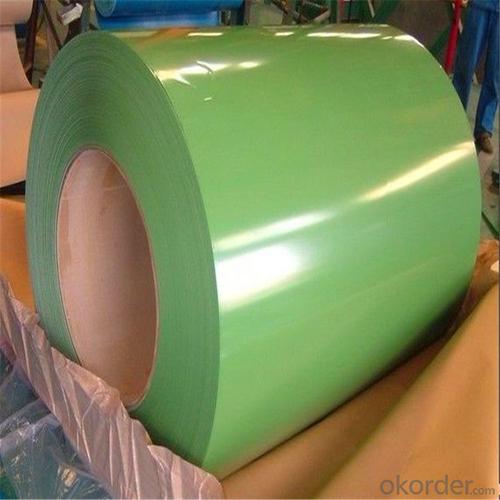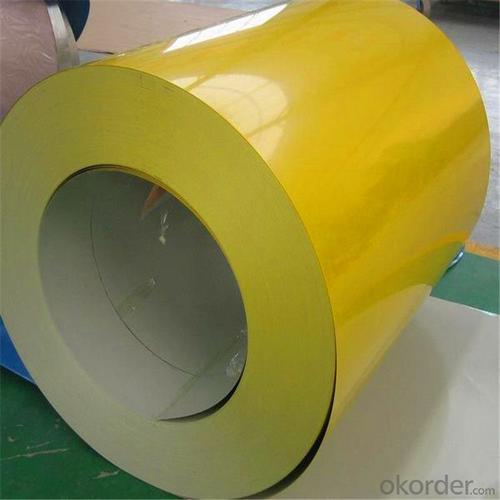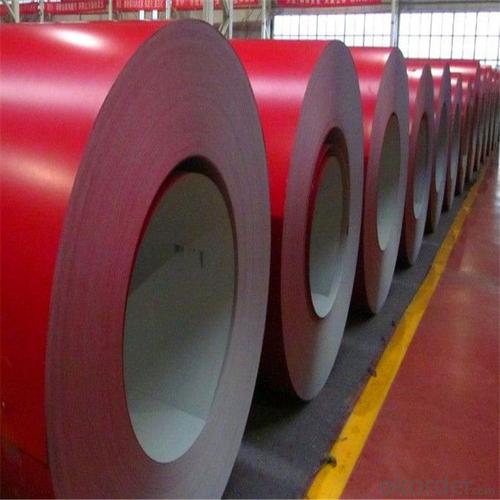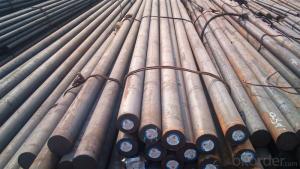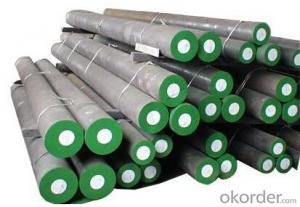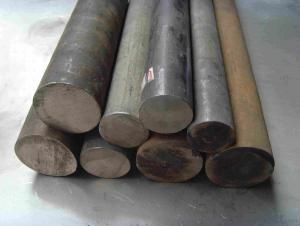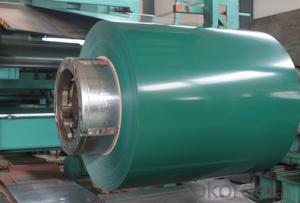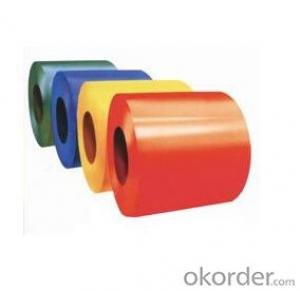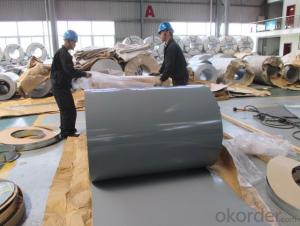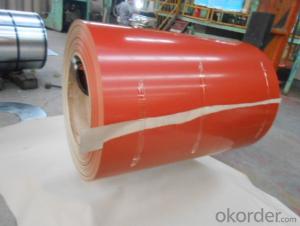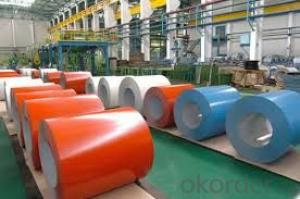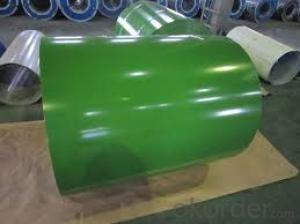Per-painted Galvanized Steel Coil PPGI 0.8-1.2mm
- Loading Port:
- Tianjin
- Payment Terms:
- TT or LC
- Min Order Qty:
- 25 m.t.
- Supply Capability:
- 5000 m.t./month
OKorder Service Pledge
OKorder Financial Service
You Might Also Like
Specification
Per-painted Galvanized Steel Coil PPGI 0.8-1.2mm
Description of Per-painted Galvanized Steel Coil PPGI 0.8-1.2mm
Product | PPGI/PPGL |
Capacity | 5,000 tons/month |
Base material | Hot dipped galvanized steel |
Thickness | 0.2-2.0mm |
Width | 600-1250mm(according to your need) |
Coil Weight | 3-6tons |
Quality | SGCC, DX51D |
Color | RAL No. or customers samples’ color |
Zinc-coating | 30g/m2-180g/m2 |
Coil ID | 508mm/610mm |
Technique | Cold rolled—hot dipped galvanized—color coated |
Painting | Top painting:15~25μm |
Back painting: 6~10μm | |
Tolerance | Thickness: +/-0.02mm |
Width:+/-2mm | |
Shipment time | within 15-45 workdays |
Payment | T/T, L/C at sight |
Packing | Standard export packing |
The special order can be negotiated. | |
Application of Per-painted Galvanized Steel Coil PPGI 0.8-1.2mm
APPLICATION OF OUR PREPAINTED STEEL | ||||||||||
Construction | Outside | Workshop,agricultural warehouse,residential precast unit | ||||||||
corrugated roof,roller shutter door,rainwater drainage pipe,retailer booth | ||||||||||
Inside | Door,doorcase,light steel roof stucture,folding screen,elevator,stairway,ven gutter,Construction Wall | |||||||||
Electrical applicance | Refrigerator,washer,switch cabnet,instrument cabinet,air conditioning,micro-wave owen,bread maker | |||||||||
Fuiniture | Central heating slice,lampshade,chifforobe,desk,bed,locker,bookself | |||||||||
Carrying trade | Exterior decoration of auto and train,clapboard,container,isolation lairage,isolation board | |||||||||
Qthers | Writing panel,garbagecan,billboard,timekeeper,typewriter,instrument panel,weight sensor,photographic equipment | |||||||||
Products Show of Per-painted Galvanized Steel Coil PPGI 0.8-1.2mm

Product Advantages
1.With nearly 20 years experience in prepainted steel, accommodate different marketdemands. | ||||||||||||||
2.'Quality first, service first' is our business aim; 'The good faith get respect,cast quality market' is our Business philosophy . | ||||||||||||||
3.Having two series producttion line,with the abbual production capacity of 240000 tons. | ||||||||||||||
4.Exceed International ISO9001:2008&ISO14001:2004 quality and environmental standards | ||||||||||||||
5.Meet with ROHS standard |
Company Information
CNBM International Corporation is the most important trading platform of CNBM group.
Whith its advantages, CNBM International are mainly concentrate on Cement, Glass, Iron and Steel, Ceramics industries and devotes herself for supplying high qulity series of refractories as well as technical consultancies and logistics solutions.


F A Q
1, Your advantages?
professional products inquiry, products knowledge train (for agents), smooth goods delivery, excellent customer solution proposale
2, Test & Certificate?
SGS test is available, customer inspection before shipping is welcome, third party inspection is no problem
3, Factory or Trading Company?
CNBM is a trading company but we have so many protocol factories and CNBM works as a trading department of these factories. Also CNBM is the holding company of many factories.
4, Payment Terms?
30% TT as deposit and 70% before delivery.
Irrevocable L/C at sight.
5, Trading Terms?
EXW, FOB, CIF, FFR, CNF
6, After-sale Service?
CNBM provides the services and support you need for every step of our cooperation. We're the business partner you can trust.
For any problem, please kindly contact us at any your convenient time.
We'll reply you in our first priority within 24 hours.
- Q: How does the corrosion resistance of special steel compare to regular steel?
- The corrosion resistance of special steel is generally superior to that of regular steel due to its unique composition and additional alloying elements that enhance its durability and protect it from corrosion.
- Q: How does special steel contribute to the marine industry?
- Special steel plays a crucial role in the marine industry by offering exceptional strength, durability, and corrosion resistance, making it ideal for various marine applications. It is extensively used in the construction of ships, submarines, offshore platforms, and other marine structures, ensuring their structural integrity and safety. Additionally, special steel is used in manufacturing propellers and other critical components, enhancing efficiency and performance. Overall, special steel contributes significantly to the marine industry by providing reliable and high-quality materials that withstand harsh marine environments and support the growth and advancement of the sector.
- Q: Can special steel be used for medical applications?
- Yes, special steel can be used for medical applications. Specialized types of stainless steel, such as AISI 316L or 316LVM, are commonly used in medical devices and implants due to their excellent corrosion resistance, biocompatibility, and strength. These steels are often used in surgical instruments, orthopedic implants, cardiovascular devices, and many other medical applications.
- Q: What are the emerging trends in the special steel industry?
- Some emerging trends in the special steel industry include the increasing demand for high-strength and lightweight materials, the growing adoption of advanced manufacturing technologies such as 3D printing, the focus on sustainability and environmental impact reduction, and the rise of electric vehicles driving the need for specialized steel grades. Additionally, there is a shift towards customization and tailored solutions to meet specific industry requirements.
- Q: How does special steel compare to other materials, such as aluminum or titanium?
- Special steel is known for its exceptional strength, durability, and versatility, making it a preferred choice in various industries. When compared to other materials like aluminum or titanium, special steel often offers superior mechanical properties, including higher tensile strength, hardness, and wear resistance. It also generally has better thermal conductivity and is more resistant to corrosion. However, aluminum and titanium have their own advantages, such as being lighter in weight and having better overall corrosion resistance. Ultimately, the choice between special steel, aluminum, or titanium depends on the specific application, considering factors like strength requirements, weight limitations, cost-effectiveness, and environmental conditions.
- Q: How does special steel perform in high-temperature applications?
- Special steel performs exceptionally well in high-temperature applications due to its unique composition and properties. It exhibits excellent heat resistance, maintaining its strength and hardness even at elevated temperatures. Special steel also demonstrates exceptional thermal stability, preventing deformation and maintaining dimensional stability under extreme heat. Additionally, it possesses excellent oxidation and corrosion resistance, ensuring longevity and durability in high-temperature environments. Overall, special steel is specifically designed to withstand and excel in demanding high-temperature applications.
- Q: What are the factors that affect the machinability of special steel?
- The factors that affect the machinability of special steel include the composition and microstructure of the steel, hardness and strength of the material, cutting tool material and geometry, cutting speed and feed rate, coolant or lubrication used during machining, and the presence of any impurities or surface defects on the steel.
- Q: What are the properties of electrical steel?
- Electrical steel, also known as silicon steel or transformer steel, possesses several key properties that make it suitable for various electrical applications. Firstly, it exhibits low core loss, meaning it has a low tendency to dissipate energy in the form of heat when subjected to alternating magnetic fields. This property is crucial for efficient power transmission and distribution. Additionally, electrical steel demonstrates high magnetic permeability, enabling it to efficiently conduct and amplify magnetic flux, essential for transformers and other electrical devices. Furthermore, it has a high electrical resistivity, allowing it to minimize eddy current losses, which occur when currents circulate within the material. Lastly, electrical steel exhibits high saturation flux density, making it capable of handling high magnetic fields without reaching its magnetic saturation point. Overall, these properties make electrical steel an ideal material for power generation, transformers, motors, and other electrical equipment.
- Q: Can special steel be welded?
- Yes, special steel can be welded. However, the specific welding process and techniques may vary depending on the type of special steel being used. It is important to have a good understanding of the particular steel's composition and properties to ensure proper welding procedures are followed.
- Q: How does alloy steel improve the strength and toughness of steel?
- Alloy steel improves the strength and toughness of steel by adding specific elements, such as manganese, chromium, nickel, or molybdenum, to the base iron. These alloying elements create atomic interactions within the steel matrix that enhance its properties. They help to refine the grain structure, increase hardenability, and improve resistance to wear, corrosion, and fatigue. By modifying the composition, alloy steel can achieve a balanced combination of strength, toughness, and other desirable characteristics, making it more suitable for various applications.
Send your message to us
Per-painted Galvanized Steel Coil PPGI 0.8-1.2mm
- Loading Port:
- Tianjin
- Payment Terms:
- TT or LC
- Min Order Qty:
- 25 m.t.
- Supply Capability:
- 5000 m.t./month
OKorder Service Pledge
OKorder Financial Service
Similar products
Hot products
Hot Searches
Related keywords
